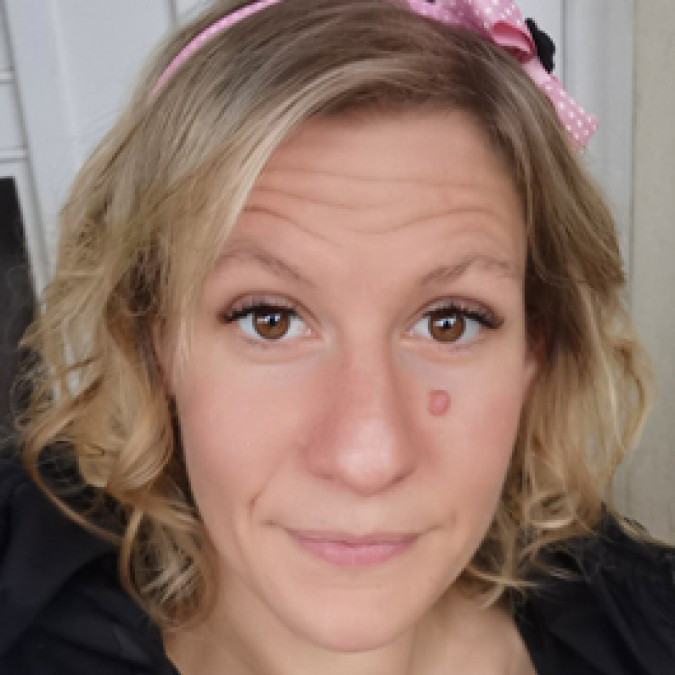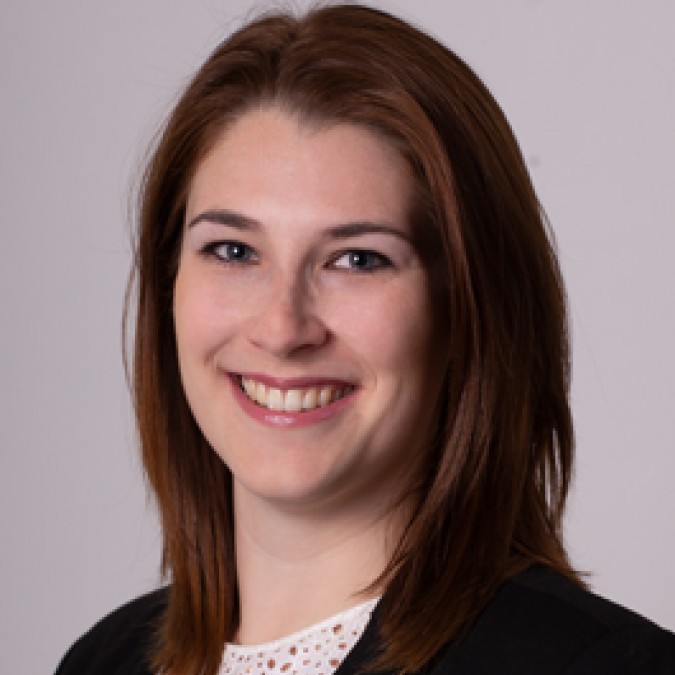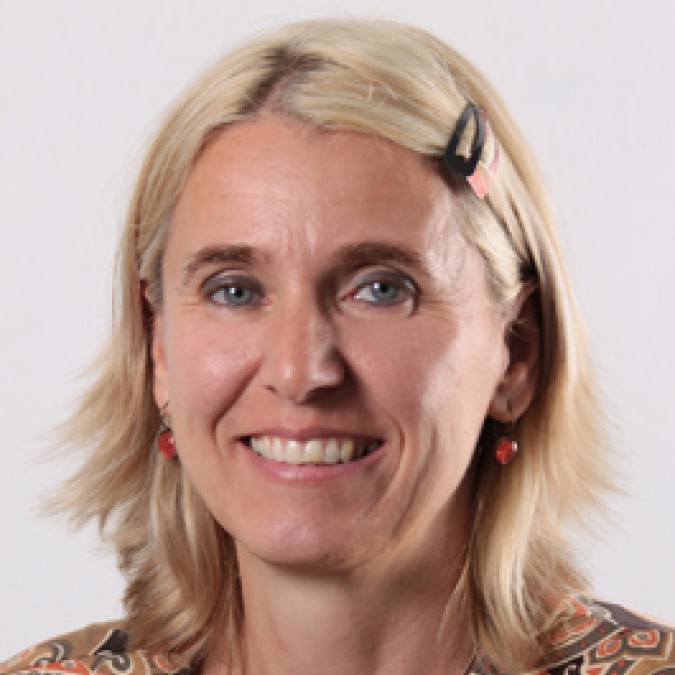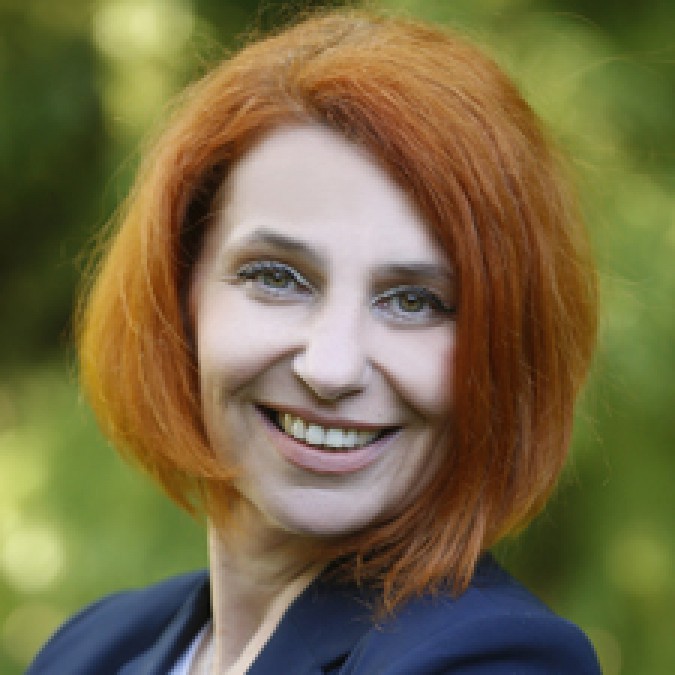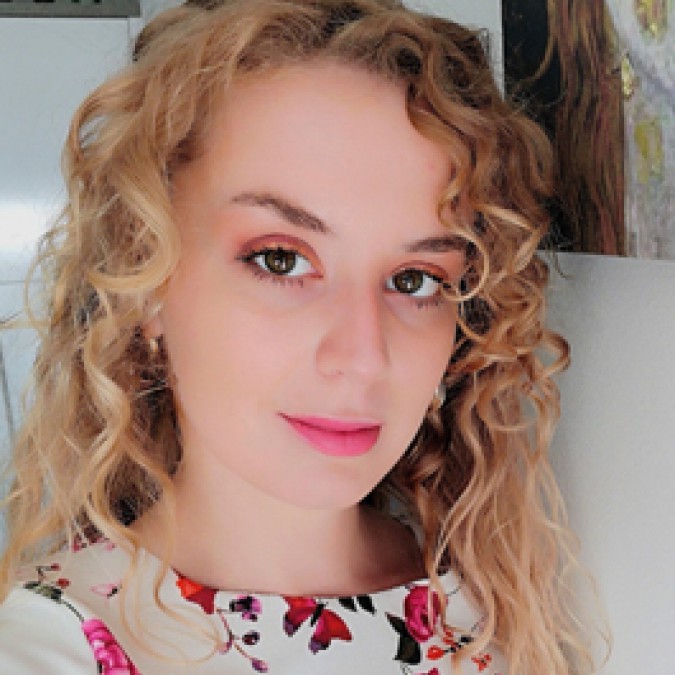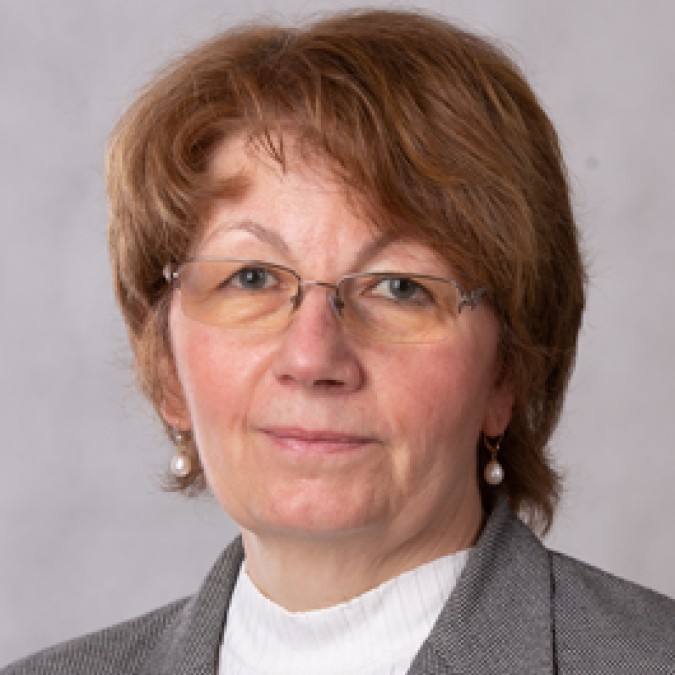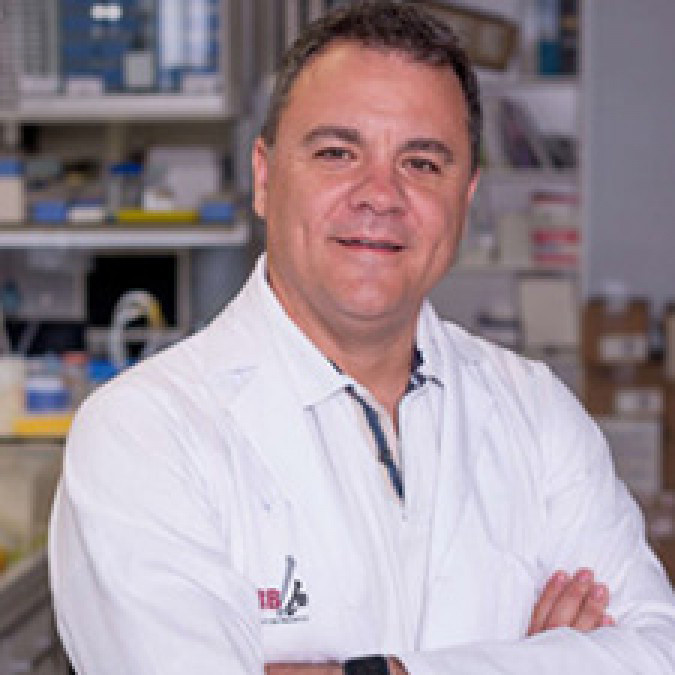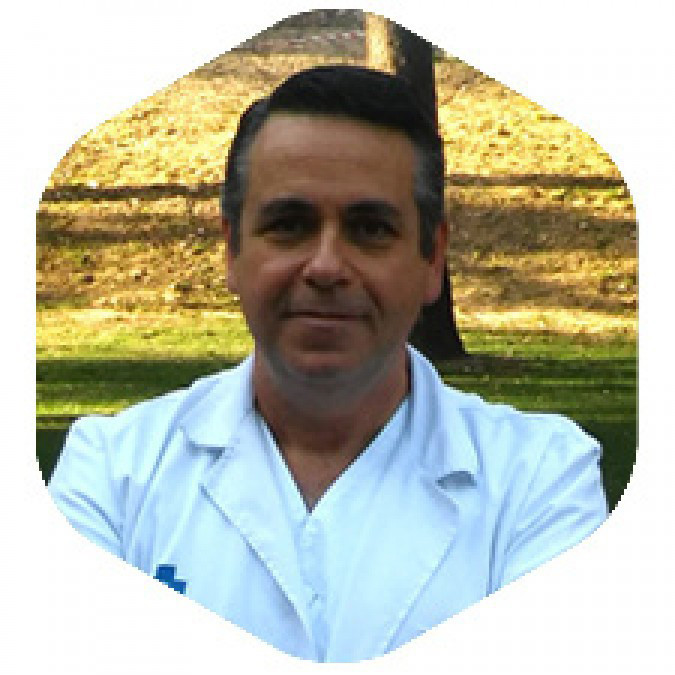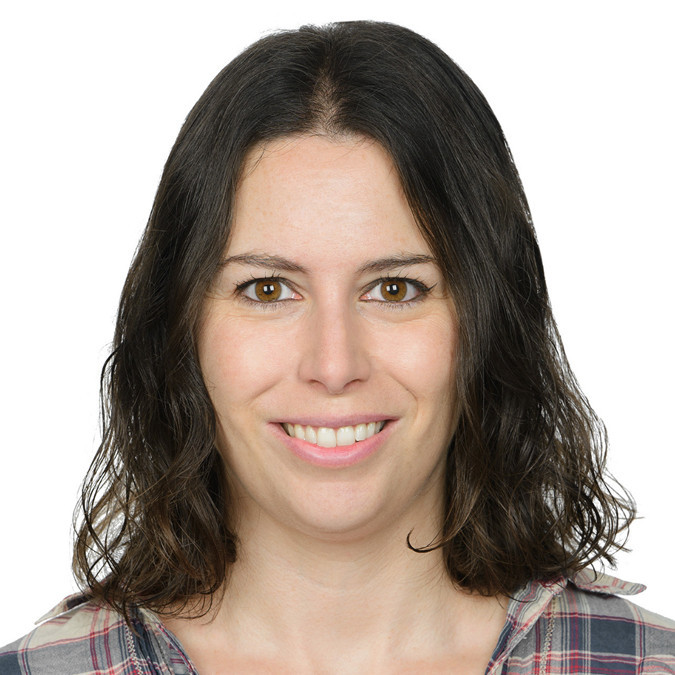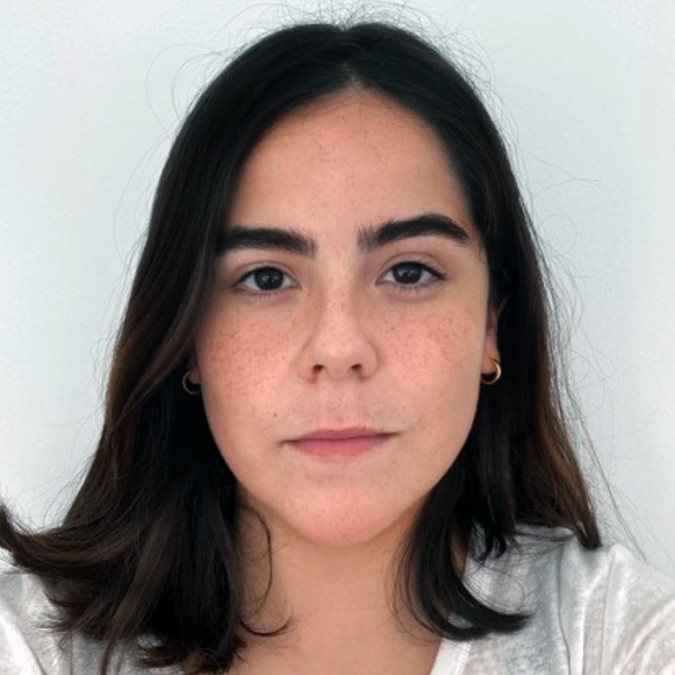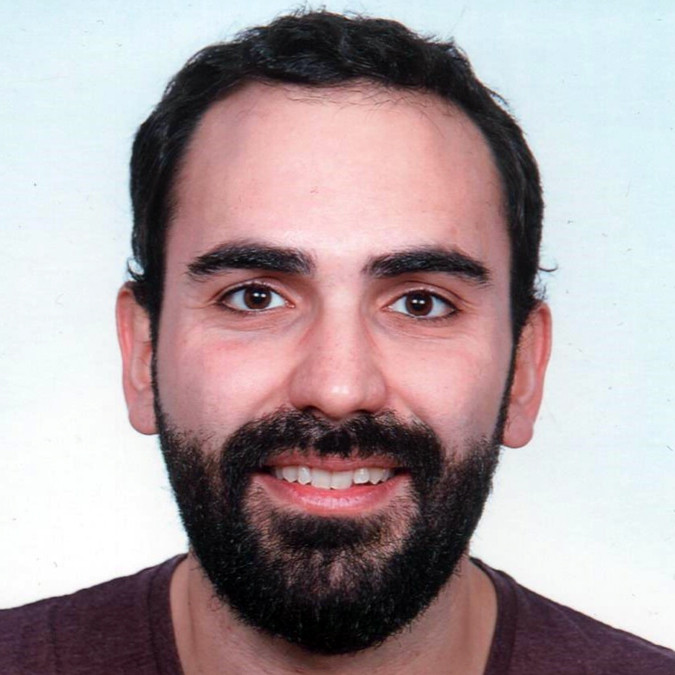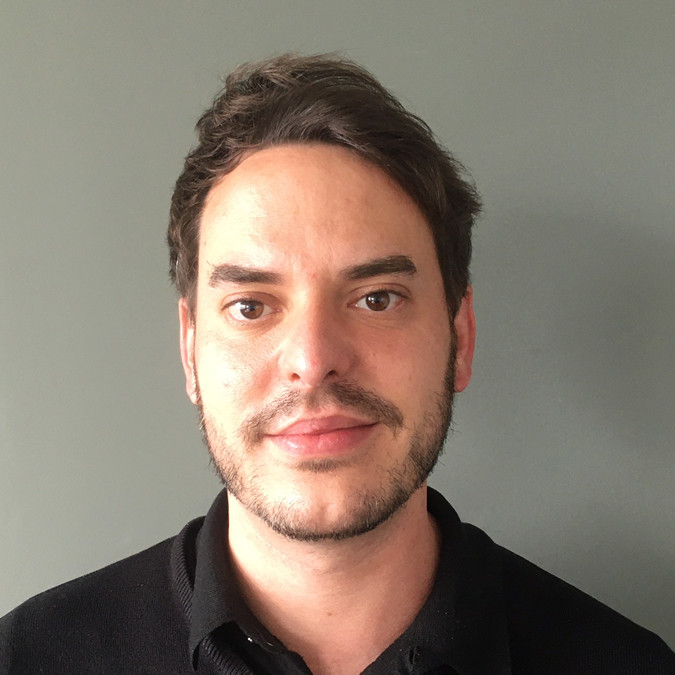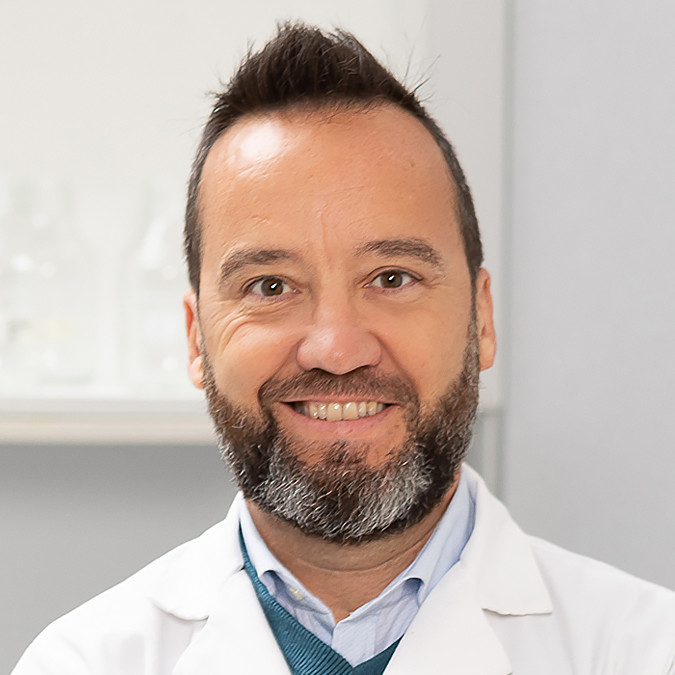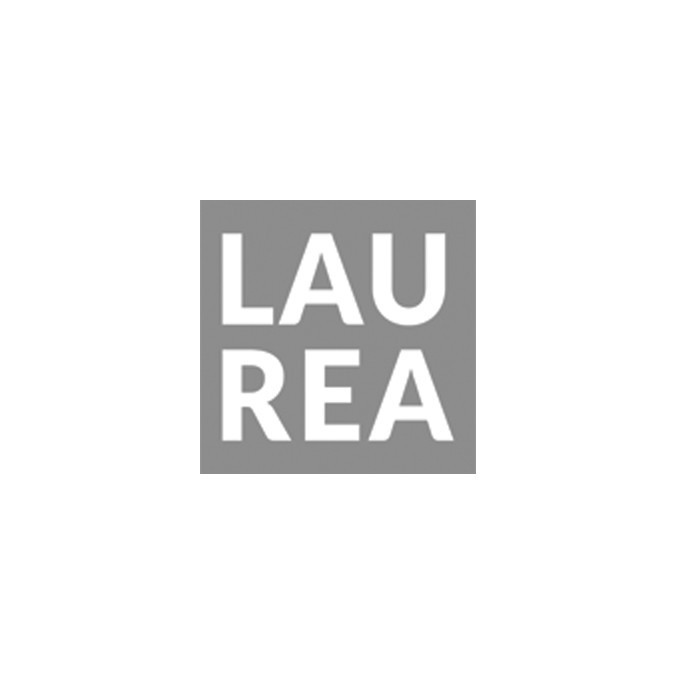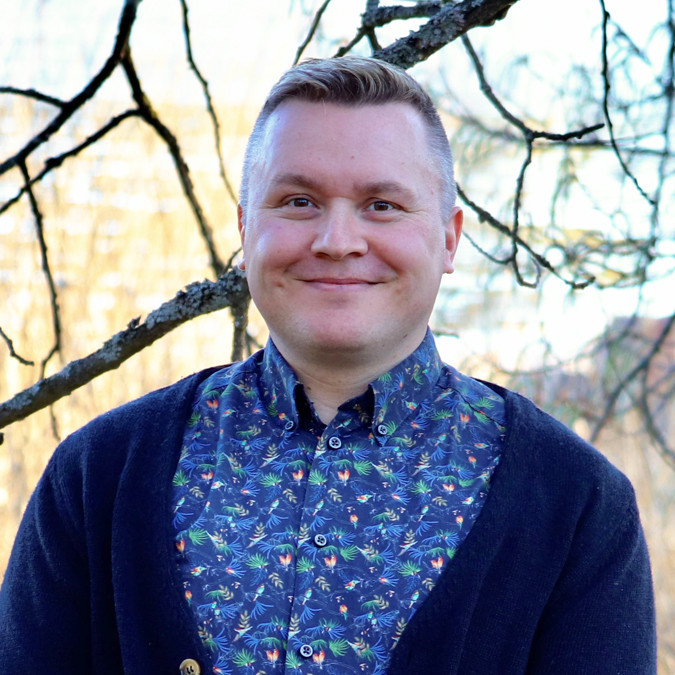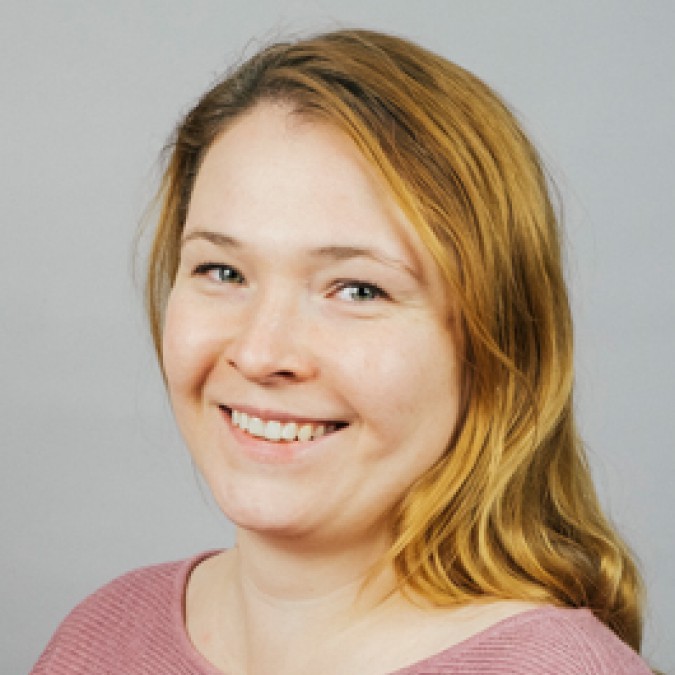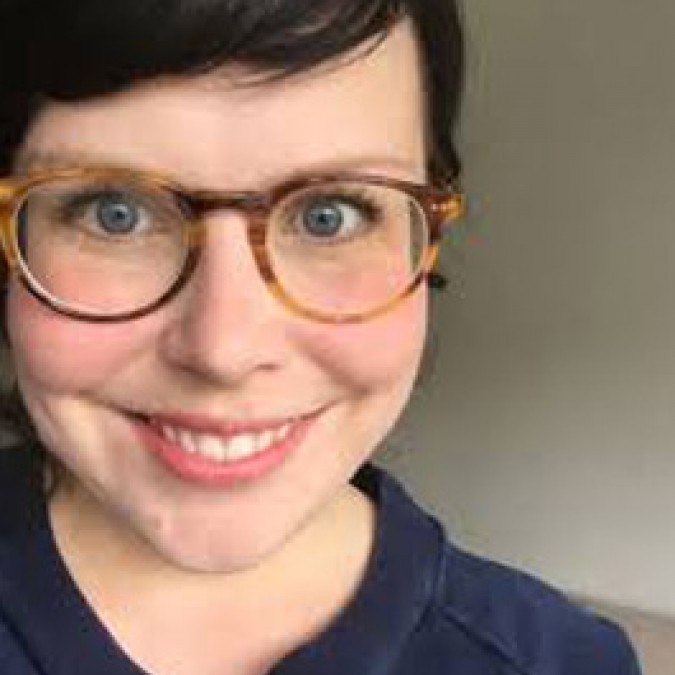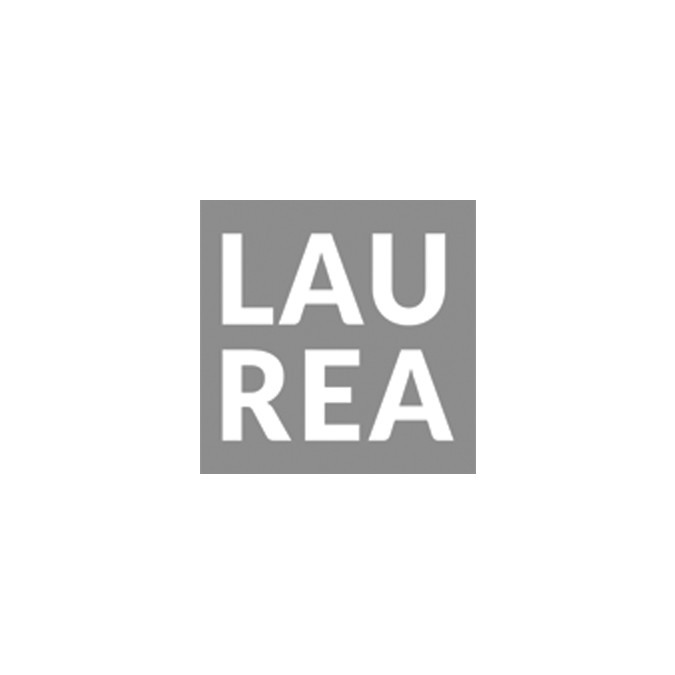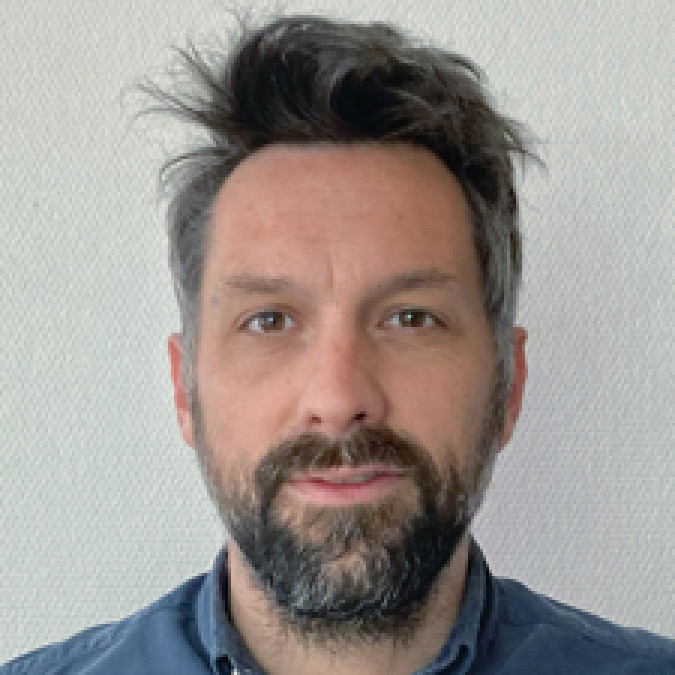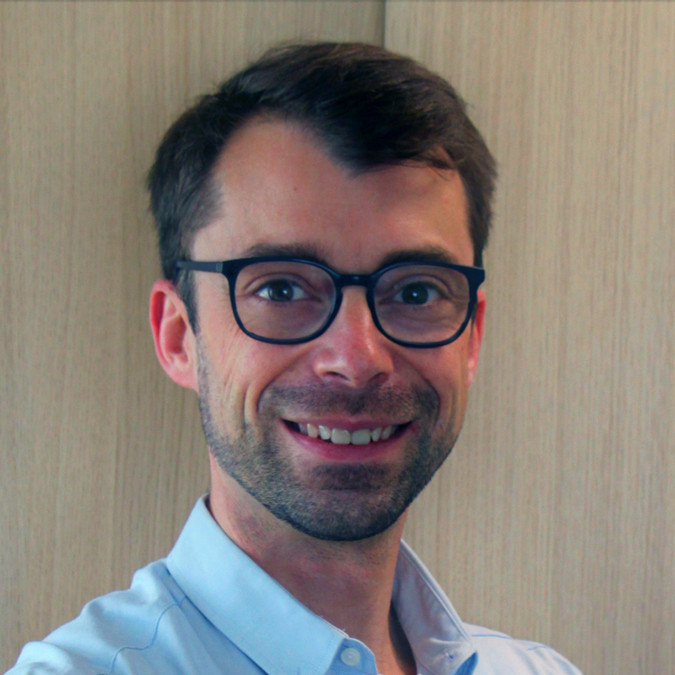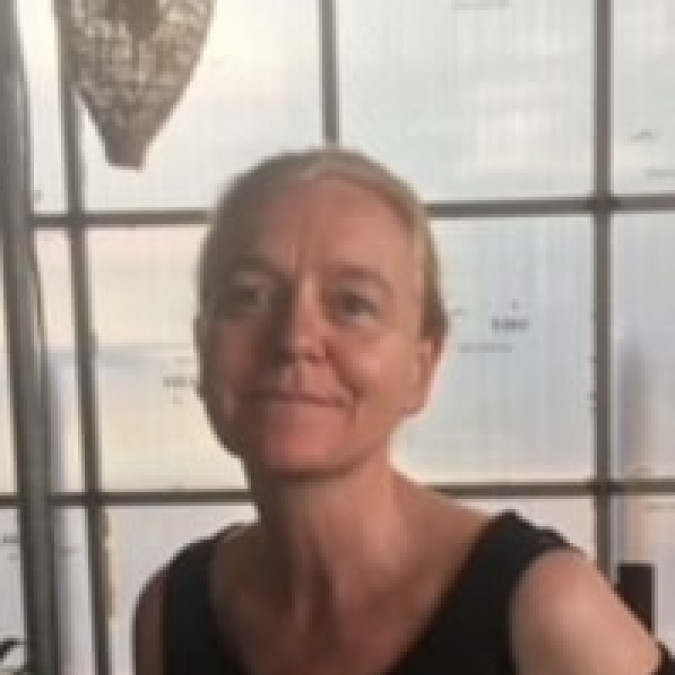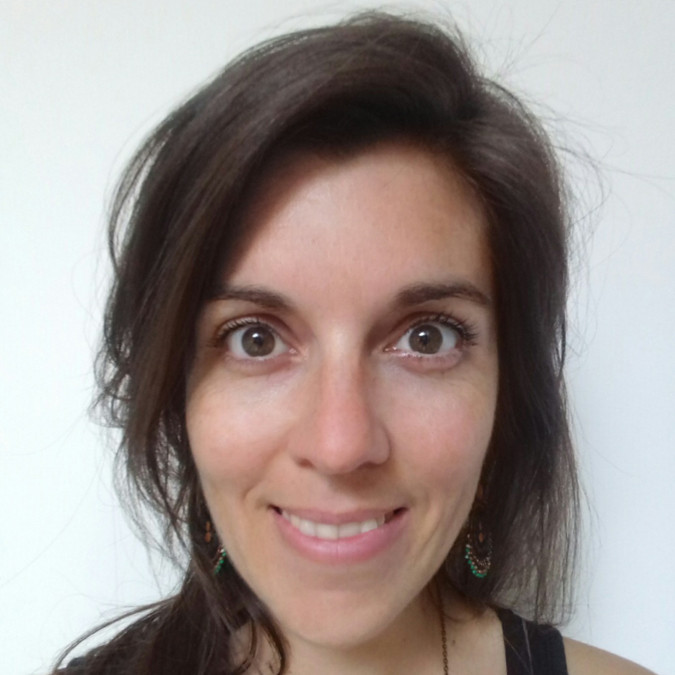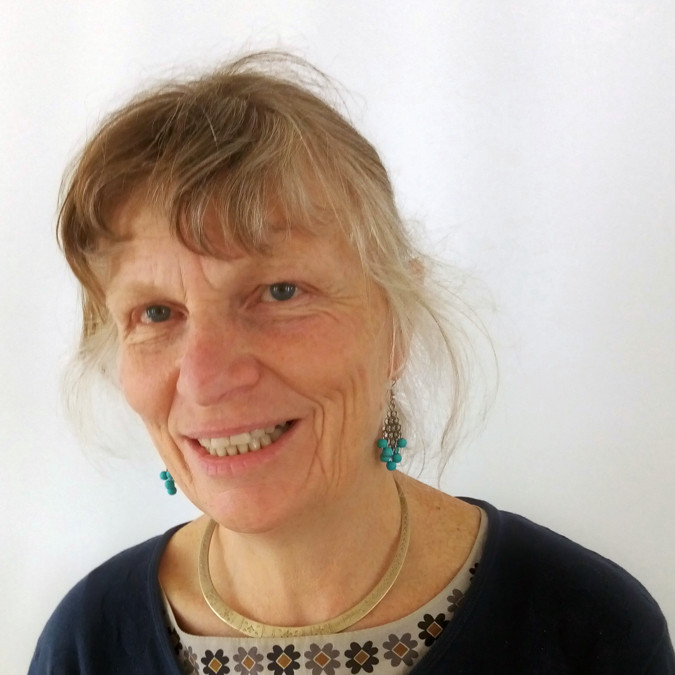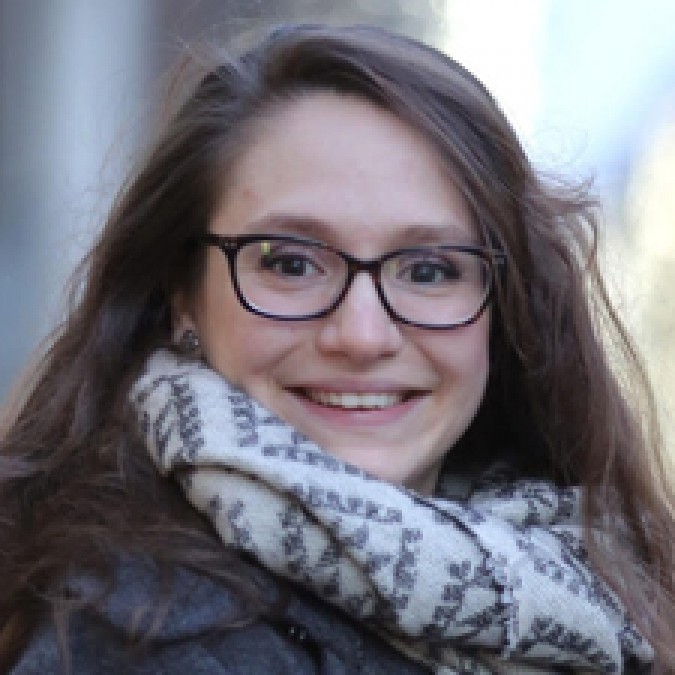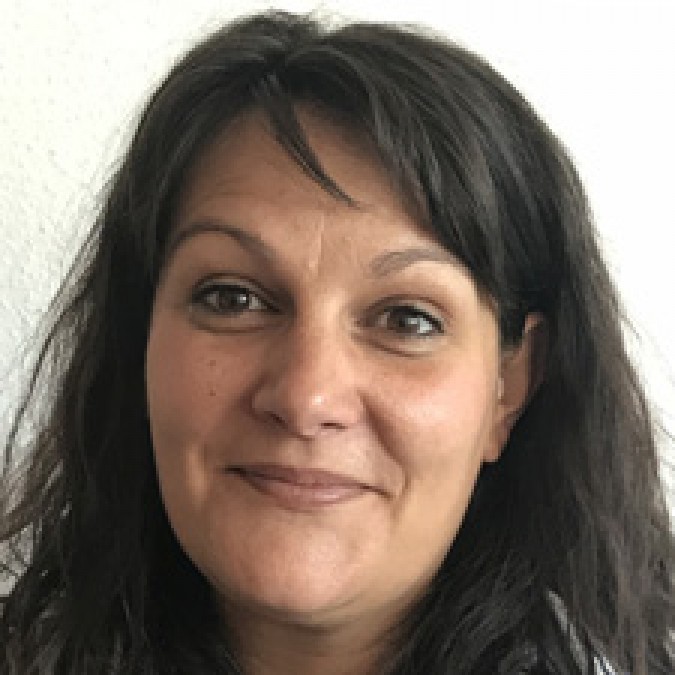One of the intellectual outputs of the Care for Europe-project is a Massive Open Online Course (MOOC), which aims at orientating and facilitating nursing exchange students’ clinical placements abroad. The theoretical framework and the development process of the MOOC is described in the earlier blog text (March 11th, 2022). A brief summary to refresh one’s memory: 360-pictures are used to create virtual tours in the local learning environments, and the study content is emerged in the virtual environment.
During the spring 2022 the first version of the MOOC content and assignments were pilot tested in the project countries (Finland, France, Hungary and Spain). Based on the piloting results, some modifications and improvements were made in the content and assignments and the demo version of the virtual MOOC was created in the ThingLink platform.
The demo version was produced by the Finnish project team in the Finnish content. The production started with photo shooting in hospitals. The photo shooting had to be postponed several times due to visiting restrictions in the hospitals caused by the Covid-19 pandemic. However, finally the 360 pictures were taken in Helsinki University Hospital in April and May 2022. Two nursing exchange students and one local student in Laurea University of Applied Sciences were collaborating in photo shooting as they acted in the roles of the nurses and patients. 360 pictures introduce different clinical environments within the hospitals such as operating rooms, outpatient clinic and medication room. Additionally, a few pictures were taken in the learning environments in the Laurea Campus.
Individual pictures were combined in the ThingLink platform to create virtual rooms, where one can navigate and familiarize oneself with the Finnish hospital and learning environment. The MOOC content focusing on clinical placements in Finland was added in the pictures as tags. While navigating through the virtual environment from one room to another, one can open the tags and see the content. Also quizzes and reflective assignments were added as tags.
The demo version of the MOOC was introduced in the multiplier dissemination event in Lleida, Spain on June 3rd, 2022 (see blog text). The feedback by the audience was encouraging and the use of 360 pictures was considered as innovative and fresh approach. After introduction of the demo version produced by the Finnish team, other project countries started to create their country-specific 360 pictures and content. The idea is that the content follows the jointly agreed and evidence-based theoretical framework while taking the country-specific characteristics into account.
On the French side, the 360 degree photos were taken in two health facilities. They were first welcomed at the Saint-Joseph Saint-Luc hospital which is located in the heart of Lyon. The IRFSS AuRA team was accompanied by the communication manager and the health executives of the different services to capture the places that will be frequented by the future Erasmus+ trainees. The rest of the photos were then taken at the Centre médico-chirurgical de réadaptation des Massues, a Red Cross facility. The contents were developed by the trainers and tested by the local students though one to one interview.
The Hungarian team took the 360 degrees pictures at the facilities of the University of Pécs Clinical Center. Some of the local nursing students were happy to assist with the photoshoot. After the photos were processed the team started to work on creating the learning scenarios for the MOOC in Thinglink platform. Previously prepared and discussed learning material was then added to the scenes, and quizzes for the students were created to be able to assess their progress. It was a great opportunity to learn how these online virtual tours are created, and the Hungarian team is looking forward to the incoming students experiencing this kind of learning.
The 360 degrees pictures of the Spanish team were taken at a simulation center collaborating with the University, where the Nursing students conduct simulation practices from the first course of the Degree. This center is located in Igualada (province of Barecelona), where the University of Lleida has its second campus. A 360º picture of the outside of this campus was also taken. To take the pictures, the Spanish team was assisted by a professional team working in the simulation center. Taking the pictures and creating the scenarios for the MOOC was a funny experience, meaning that two members of the Spanish team appear in the pictures together with a Nursing teacher from the University, and members of the professional team working in the simulation center. Then the pictures where imported to the MOOC in Thinglink platform. We are proud of the result!
The aim is that all country-specific versions of the MOOC will be ready in November 2022, and they can be evaluated in the transnational meeting in Lyon, France. Final adjustments will be made based on the feedback of the project team and the MOOC will be launched in April 2023.



